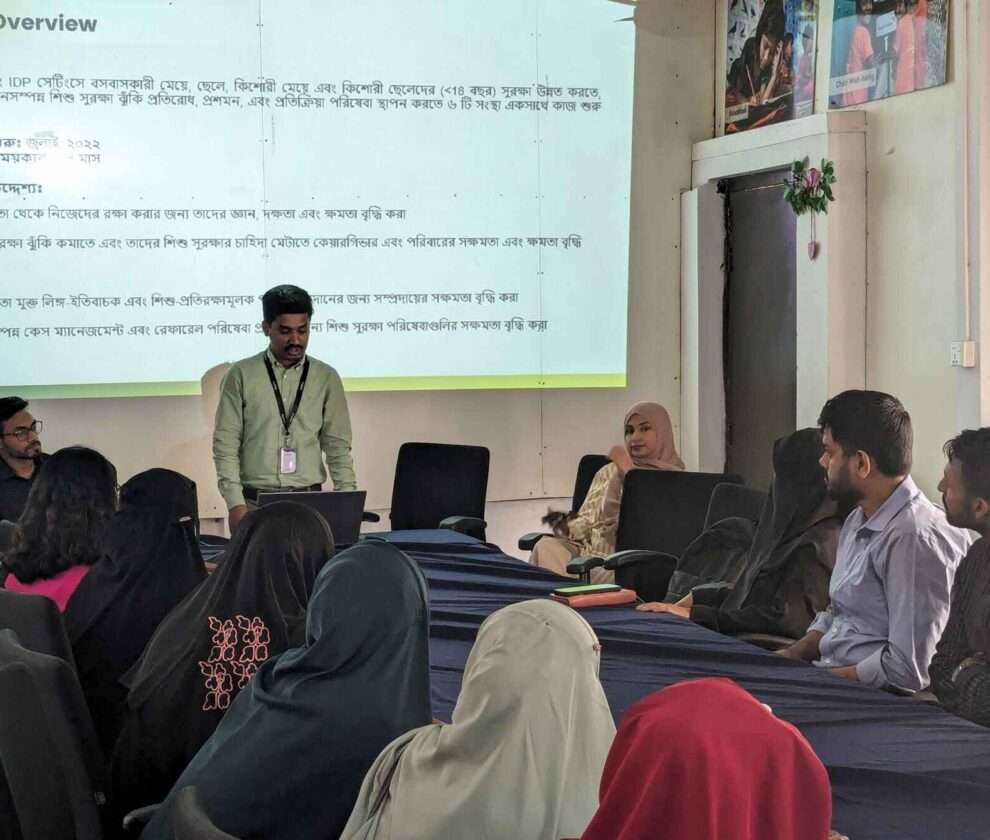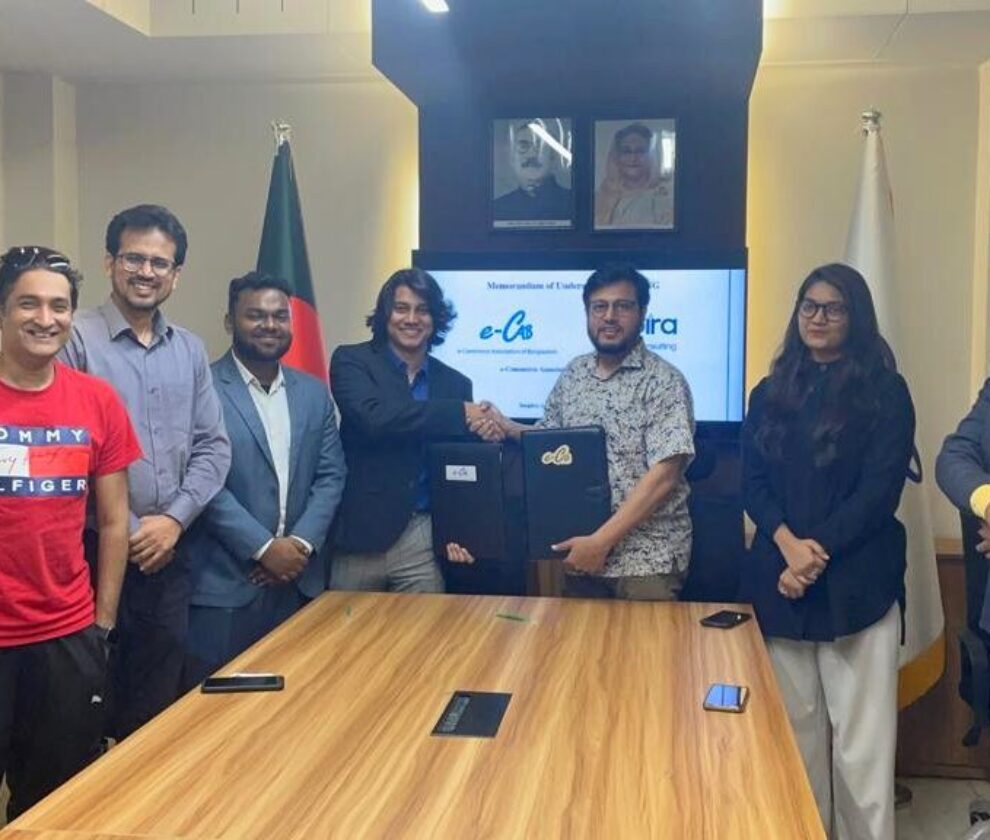Key Takeaways
- Market transition underway: WASH financing shifting from CSR/donor-dependent models to sustainable business approaches with clear revenue potential
- Banks already engaged: Financial institutions actively financing WASH through multiple channels (ETP, SME, PPP) but lack clear taxonomy and classification
- Data gaps hinder scale:Absence of market data prevents risk assessment and inhibits MSME confidence in accessing finance
- Policy interventions critical: Central bank refinancing schemes, credit guarantees, and MFI channeling needed to unlock capital
- Capacity building essential: Municipalities need support understanding PPP engagement, while private sector requires “incubation” for WASH ventures
- Cross-sector fluency required: Success demands “co-designing” and learning to translate between development and business perspectives
Inspira Advisory and Water.org convene industry leaders to chart private sector pathways for water and sanitation financing
In partnership with Water.org, Inspira Advisory & Consulting Limited facilitated a pivotal dialogue at the WaterCredit Forum 2025 on unlocking private sector investment in climate-resilient water, sanitation, and hygiene (WASH) infrastructure. The panel, moderated by Inspira’s Managing Director Muntasir Tahmeed Chowdhury, brought together senior representatives from City Bank, PRAN-RFL, WaterAid Bangladesh, and the Embassy of the Kingdom of the Netherlands to explore how Bangladesh can transform its WASH sector from aid-dependent to market-driven.
The Business Case Emerges
The discussion revealed a fundamental shift in how corporations view WASH investments. “CSR is not going to be here for long,” stated Sumaiya T. Ahmed, Head of Sustainability at PRAN-RFL, emphasizing that sustainable business models must replace philanthropic approaches. Her company’s partnership with WaterAid to develop locally appropriate products like the Sato pan demonstrates this evolution. “Having a proper business case is the key,” Ms. Ahmed stressed, noting that while “aid might be reducing, the demand is not. Demand is linked to the SDGs and is growing due to global emphasis on climate resilience.”
Mohammad Firoz Alam, Chief Risk Officer at City Bank PLC, revealed that financial institutions are already more engaged than commonly perceived: “The banking sector is already financing WASH beyond CSR.” City Bank’s portfolio includes effluent treatment plant financing and support for base-of-pyramid water projects in Purbachal. However, Mr. Alam acknowledged critical knowledge gaps: “What activities are covered under WASH is unknown to us, and the network is the limiting factor.” Indicating an underdeveloped regulatory framework.
Bridging the Partnership Divide
Abu Saif Ansari, Project Design Advisor at WaterAid Bangladesh, highlighted the cultural translation required for effective public-private collaboration. Development organizations and corporations speak “a different grammar,” requiring deliberate efforts to bridge this divide. “Co-designing is very important,” Mr. Ansari explained, describing how WaterAid adapts its approach to align with corporate thinking—transforming concepts like “beneficiaries” into “customers” and “access” into “revenue.” This shift in framing has proven essential for engaging private sector partners who need to see clear business models rather than charitable appeals.
Market data remains critically absent, compounding the challenge of building investor confidence. Mr. Ansari emphasized this gap: “We never really see comprehensive market data.” This information vacuum directly impacts MSME financing. “MSMEs are seeking access to finance, but they lack confidence. They need support from incubators and accelerator programs.” he explained. In a recent initiative, WaterAid has forged partnerships with the SME Foundation to build capacity among women entrepreneurs and initiated discussions with insurance companies to develop climate risk products, a practical step toward creating a more robust WASH investment ecosystem.
Policy and Capacity Gaps
Dr. M. Assaduzzaman, Senior Policy Advisor-Climate at the Embassy of the Kingdom of the Netherlands, framed climate-resilient WASH as systems capable of withstanding climate change impacts, citing successful collaboration platforms with BRAC, SNV, and IFC. However, he emphasized that structural barriers persist at multiple levels.
The policy vacuum is particularly acute for smaller-scale interventions. “Private sector engagement is crucial certainly, especially in PPP where the investment is large. But for small municipality-level developments, we do not have the policy,” Dr. Assaduzzaman observed. This gap leaves community-level WASH initiatives without frameworks for private participation, forcing them to rely on traditional aid models despite clear market potential.
Municipal capacity presents an even more fundamental challenge. “Municipalities do not understand how to engage in PPP,” he noted, highlighting how local governments lack both technical knowledge and institutional mechanisms to structure public-private partnerships. This capacity constraint creates a bottleneck where willing private investors cannot find capable public partners, stalling projects before they begin.
Regulatory Roadmap
The panel identified specific regulatory interventions essential for unlocking private capital. Mr. Alam emphasized three critical priorities: incorporating WASH into central bank refinancing schemes, establishing pragmatic credit guarantee mechanisms that commercial banks would accept, and leveraging microfinance institutions as channels for fund deployment. The panel also stressed the importance of developing standardized WASH taxonomies to bring clarity to the sector.
Despite acknowledged challenges, panelists expressed strong optimism about the sector’s trajectory. Mr. Ansari viewed the decline in donor funding as a positive indicator of Bangladesh’s progression toward market maturity rather than a crisis. He pointed to encouraging signs financial institutions actively seeking investment opportunities while development partners simultaneously build private sector capabilities, suggesting a bright future for the sector.
The panel discussion, facilitated through Inspira’s strategic partnership with Water.org, demonstrated that Bangladesh’s climate-resilient WASH future depends on creating genuine business opportunities rather than perpetuating charity models. The convergence of corporate interest, financial innovation, and climate urgency suggests the market is ready for transformation if enabling policies follow.




